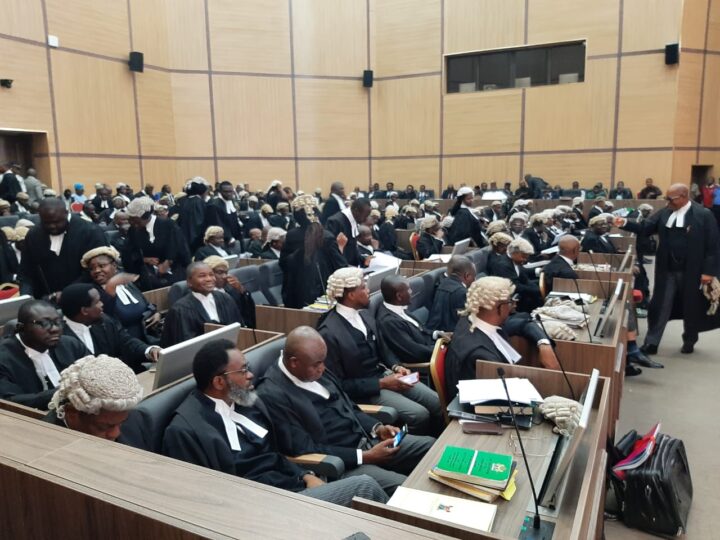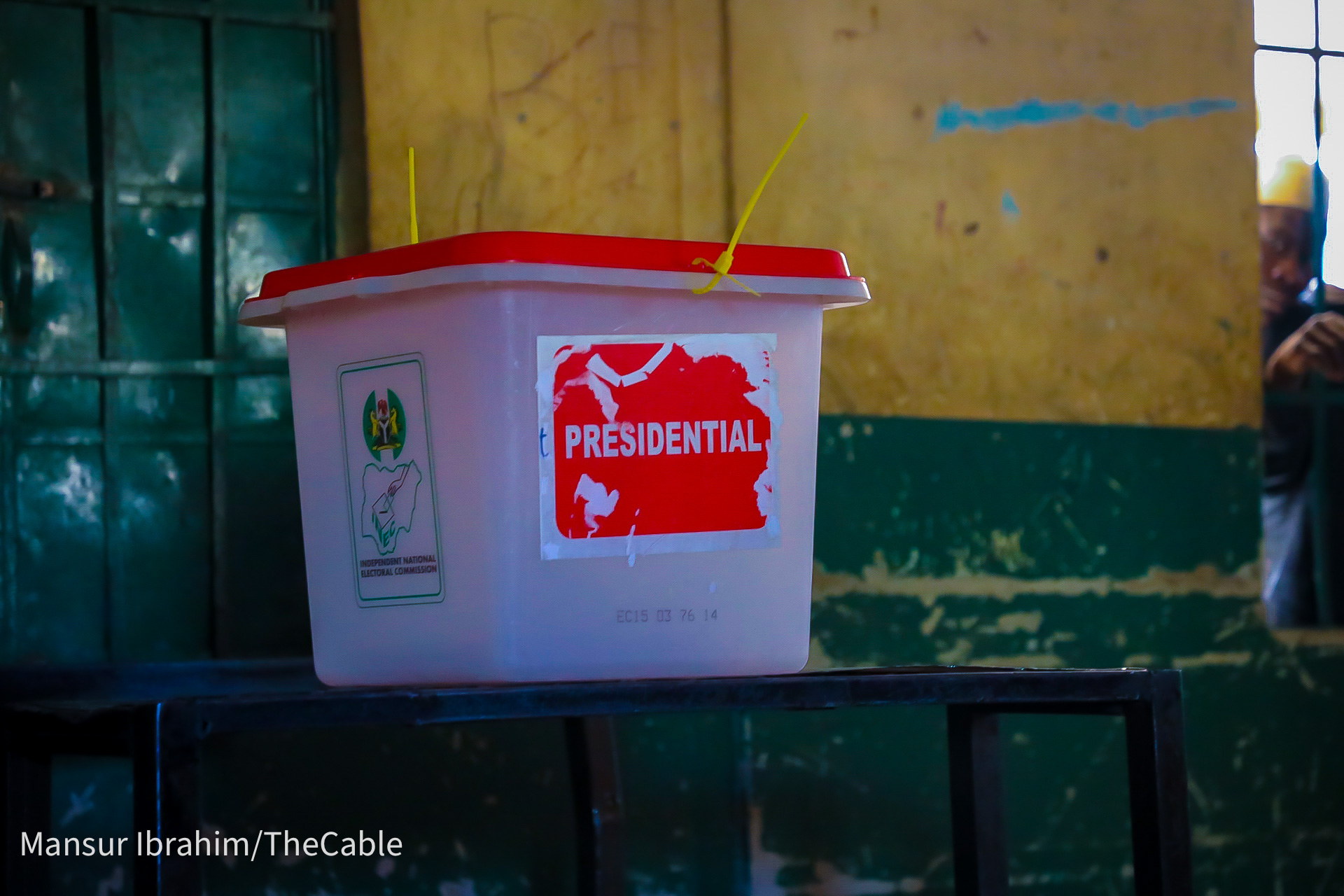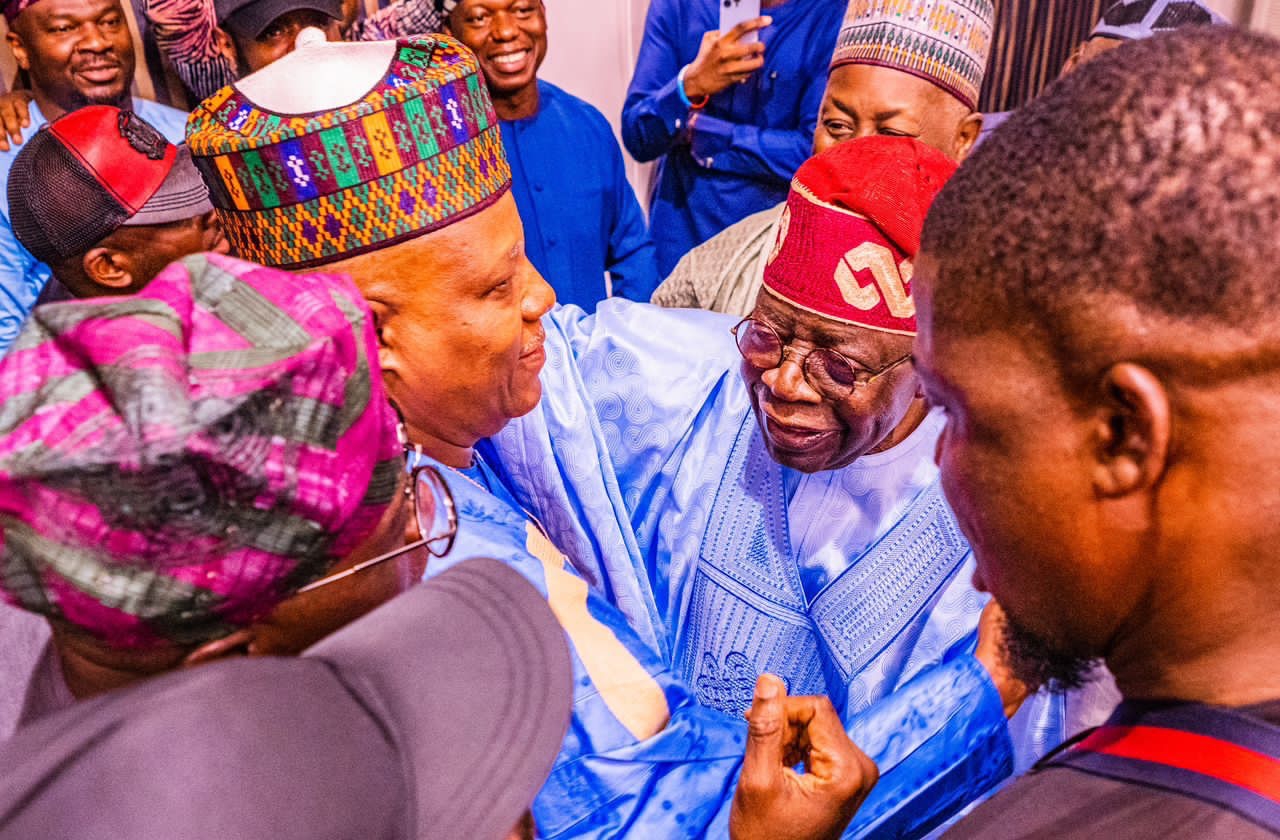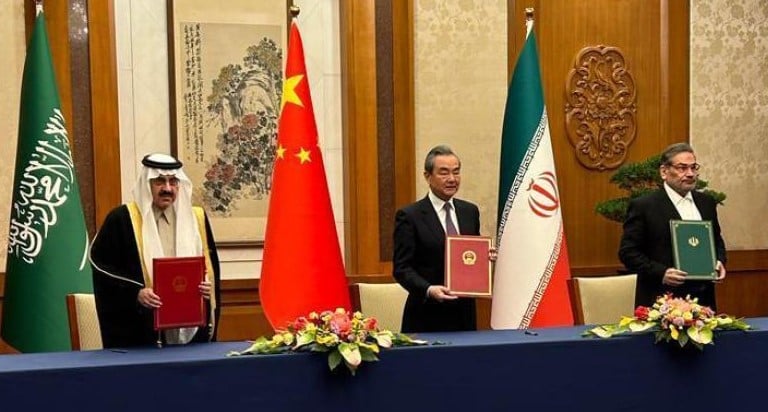Recent happenings in Nigeria have made me question if there is rule of law in this country and if the third arm of government, the judiciary, is truly functional.
Perhaps, we should just shut down the judiciary and allow the Obas, Igwes and Emirs to mediate conflicts, or we should just live our daily lives with the assumption that there is no judicial system in Nigeria.
Or how else am I supposed to think when the power of the judiciary is being arrogantly challenged, how am I supposed to be calm when a verdict by the supreme court, the whole supreme court, was flagrantly flouted, especially by those who should not?
Nigeria’s three arms of government – executive, legislature, and judiciary – are characterised by the principle of separation of power, and they are supposed to be independent of each other.
Advertisement
The rule of law is defined in the Encyclopedia Britannica as “the mechanism, process, institution, practice, or norm that supports the equality of all citizens before the law, secures a non arbitrary form of government, and more generally prevents the arbitrary use of power”.
Being the highest court of the land, the supreme court has both original and appellate jurisdictions, it has the sole authority and jurisdiction to entertain appeals from the court of appeal, having appellate jurisdiction over all lower federal courts and highest state courts, according to the 1999 Constitution of Nigeria.
What this means is that if anyone is dissatisfied with a court ruling, they can continue the case in the next higher court, but when it gets to the ruling of the supreme court, it is final, it must be obeyed, no matter who is the winner or the loser.
Advertisement
Since we have all these on paper, why do we still find it difficult or even unwilling to practise them? Why did it take the Central Bank of Nigeria a whooping ten days to announce compliance with the supreme court ruling of March 3?
The court had on the said date ruled on a suit filed by the government of Kaduna, Kogi and Zamfara states against the Central Bank of Nigeria (CBN) and the federal government. Consequently, the supreme court ordered that the old naira notes should be allowed in circulation along with the new notes until December 31, 2023, adding that the federal government’s naira redesign policy contravened the 1999 Constitution.
Justice Emmanuel Agim also remarked that: “The rule of law upon which our democratic governance is founded becomes illusory if the President of the country or any authority or person refuses to obey the orders of courts. The disobedience of orders of courts by the President in a constitutional democracy as ours is a sign of the failure of the constitution and that democratic governance has become a mere pretension and is now replaced by autocracy or dictatorship.”
Despite the supreme court ruling, for a whole working week, bank directors, CEOs of companies, industries, wholesalers, retailers, markets and Nigerians, in general, were all waiting for words or permission or a go-ahead from President Muhammadu Buhari or Godwin Emefiele before they can make ends meet. The whole system was loudly quiet as over two hundred million Nigerians waited for who would drop the first pin between Buhari and Meffy.
Advertisement
Many pondered, “should we, or should we not? What if we obey the supreme court and it bounces back on us? What if I collect the old notes and can’t spend it? Why is Buhari of the CBN not saying anything about the court ruling?” Nigerians were thrown into worse confusion than they were before the ruling.
This reminds me of a song by the great Fela Anikulapo Kuti. Part of the lyrics says…
Zombie no go go, unless you tell am to go (Zombie)
Zombie no go stop, unless you tell am to stop (Zombie)
Zombie no go turn, unless you tell am to turn (Zombie)
Zombie no go think, unless you tell am to think (Zombie)
We were made to look like zombies, waiting for orders from the CBN. But this is quite unfortunate that in 2023, a song released by Fela in 1977 is still playing out right before our eyes and among us 45 years after.
Advertisement
While it took the CBN less than 24 hours to respond to a report in The Nation newspaper accusing Meffy of launching a fresh plot against President-elect Bola Ahmed Tinubu, the apex bank took 10 days to do the same to the supreme court verdict. This is a flagrant disrespect for the rule of law.
In October 2022, Emefiele was accused of contempt of court over his alleged refusal to pay a $70m judgment debt. The federal high court had ordered the CBN through Garnishee Nisi absolute to pay a senior lawyer the $70 million being legal fees for services rendered to some states and the 774local government areas in the country.
Advertisement
Although Abubakar Malami, the attorney-general of the federation and minister of justice, was said to have granted consent for the judgment debt payment, Emefiele was alleged to have been footdragging in effecting the payment.
Many other times, Emefiele had been ordered to appear before the court for alleged contempt, since he assumed office on June 4, 2014.
Advertisement
The judicial system of Nigeria needs to do better with regard to enforcing judgment in cases that involve powerful people and government agencies. We are all equal before the law, nobody is above the law and nobody is more Nigerian than the other.
When the supreme court gives a ruling, it must also ensure total compliance so that Nigerians will trust its competence. The poor man does not go to the supreme court, if the apex court gives a ruling and fails to enforce the same because ‘big men’ or top agencies are involved, it only makes a mockery of its powers and efficacy. If you make a judgement against whoever, there should be an enforcement or arrest within a time frame of refusal to comply. The court should not just make judgements for the fun of it, and allow defaulters to flout its orders, or comply at their own convenient time, this is watering down the power of the judiciary.
Advertisement
The rule of law must be made to prevail, the arbitrary use of power by any agency or individual must be prevented, and the equality of all citizens before the law must be encouraged at all times. These and more are the calling of the judicial system.
Israel Ojoko, a writer and content editor, can be reached via [email protected]
Views expressed by contributors are strictly personal and not of TheCable.
Add a comment







